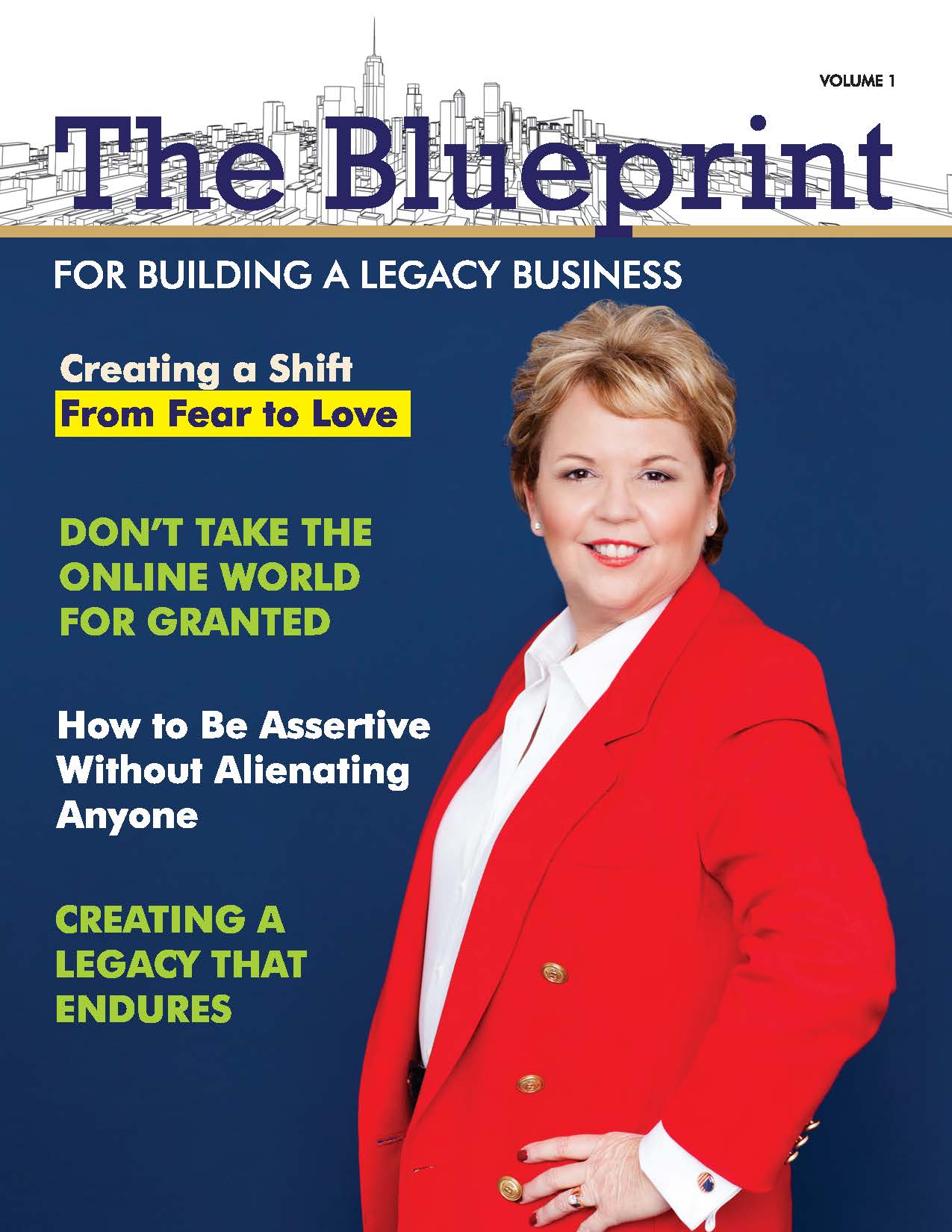The Difference That Makes (or Breaks) the Sale

You know the four words most dreaded at the end of a sales presentation?
“I’ll think about it…”
Every sales professional hears this from time to time, and there are smart strategies to respond to “I’ll think about it” that turn it into “Yes!”
With that said, if your prospects are regularly telling you that they need to think it over, there is a problem with your sales strategy.
To be a successful salesperson, you need to know how to guide your prospect to “think about it” during the sales presentation, effectively taking the “I’ll think about it” objection off the table when you’re ready to close.
During my early years in sales – and later overseeing a successful team of sales professionals as a franchise owner – I learned a great deal about the art of mastering a sales presentation.
Before a prospect will purchase a product or service, they need to think about why they need that product or service, and how they’ll fund it.
One of the biggest mistakes you can make in a sales presentation is simply telling your prospect about your product or service.
Telling isn’t selling. Listing off features, figures, and facts about your product or service is NOT the same as selling it.
“Telling isn’t selling” ought to be one of your core sales mantras. Without it in mind, you may become a walking, talking pamphlet – a mere information source – rather than an effective salesperson.
Within my first few years in sales, I learned that I couldn’t simply tell a prospect what a product does. I had to take them through a process that encouraged them to think about needing that product in their life or in their business.
By changing your strategy to help the prospect think about needing your product or service early on in your sales presentation, you’re less likely to hear “I need to think about it” when your presentation comes to a close.
If telling isn’t effective, then what is? Asking questions!
Learn to ask the right questions. Each question you ask should serve a purpose. Pose questions that provoke thought, pique interest, and make the prospect think about why they need your service now.
In order to answer your questions, prospects have to actively listen and reflect on what you’re saying. Asking a prospect how they feel about something you’ve said prompts them to consider how they feel NOW, not later. And remember, emotions can drive sales.
Are you asking closing questions?
It’s important to ask closing questions, which are questions that lead your prospect to buy into your pitch or your service offering.
For example, if you offer health and wellness coaching, you might ask: “We need an effective wellness program if we want to reach our health and fitness goals, don’t we, John?”
Here, you’ve asked a question that makes your prospect think about how they have unmet health and fitness goals, and would benefit from investing in the wellness program you offer to better achieve those goals. It also gives them an opportunity to voice any concerns they might have, allowing you to address and alleviate them.
Likable salespeople are effective salespeople. It’s important to make yourself likable throughout your presentation. By being genuine, honest, and personable, your prospect not only thinks about needing your service, but also grows to like and trust you enough to give you their business.
Create comfort with language. One way that you can create rapport is by using warm, caring language, such as saying “we” instead of “you.” For example, “We deserve better, more sustainable results from our wellness programs, don’t we, Alison?” By positioning yourself as the prospect’s friend or a member of their team, you show them that they can relate to you and that you care about their interests.
Let’s wrap up with a recap: Closing the sale shouldn’t begin at the end of your sales presentation. An effective salesperson asks questions that help the prospect realize why they need their service and demonstrate that it’s a great value for the cost.
Many savvy business owners and entrepreneurs understand the sales fundamentals I’ve laid out, but struggle to identify which questions to ask their prospects to help them feel ready to make a purchase decision.
If you want to boost your closing rate and eliminate the “I’ll think about it” response, contact me today. Closing the sale is an art that takes practice and confidence, but it’s also a science. Apply a proven formula to your sales presentations consistently and more and more prospects will realize there’s nothing left to think about or do, except say “Yes!”
Celeste Giordano’s mission is to help business owners develop the skills, knowledge and attitude necessary to “DoublePlus™” their income and become effective and inspirational leaders in their fields. Whether it’s taking your successful business to the next level or starting a new venture, she will teach you the exact skills and strategies you need to enroll more quality prospects, build a rock-solid team, and break through obstacles to achieve real profit and lasting success. Celeste is a professional business growth specialist, a master sales strategist, and dynamic speaker with more than 40 years experience in direct sales and managing high-performing teams.
To learn more about Celeste, click here.
Want to use this article? Please feel free to use this content as long as you keep it in its original format and include a link to the original post and Celeste Giordano’s brief bio.
